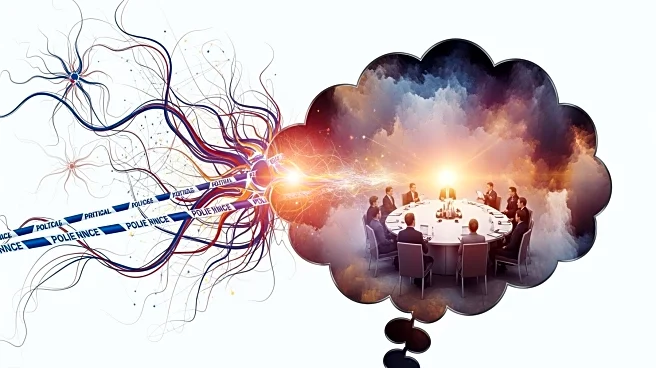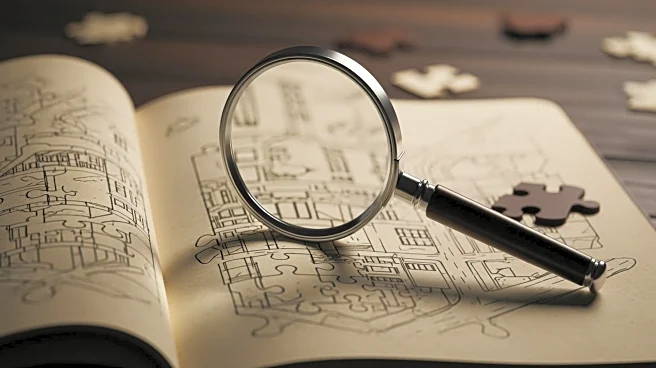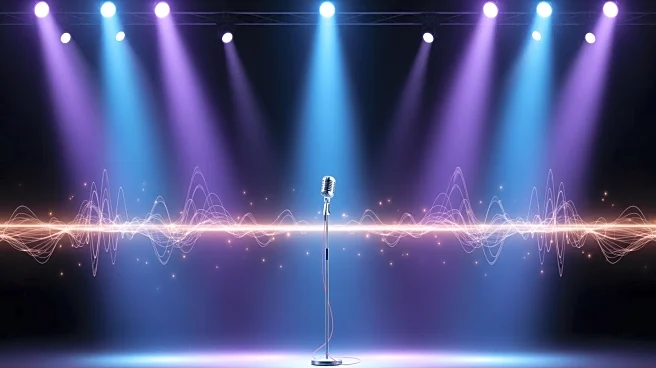What's Happening?
The use of artificial intelligence (AI) is reshaping the way people think and engage with information. While AI tools like ChatGPT and DALL-E offer efficiency in tasks such as writing and art creation,
they also raise concerns about diminishing critical thinking skills. However, AI is seen as a tool that can enhance creativity by shifting focus from rote tasks to deeper interpretation and synthesis. The technology provides new opportunities for learning and creativity, especially for neurodivergent individuals and those with limited access to education.
Why It's Important?
AI's integration into daily life has significant implications for education, creativity, and cognitive processes. It challenges traditional learning methods and encourages a shift towards more abstract and critical thinking. The technology's potential to democratize access to information and provide new learning tools is particularly beneficial for marginalized groups. However, it also necessitates a conscious effort to maintain independent thought and avoid over-reliance on AI-generated content, which can perpetuate biases and limit genuine understanding.
Beyond the Headlines
The ethical implications of AI in creativity and education are profound. As AI becomes more prevalent, it is crucial to address issues of bias and ensure that the technology is used to enhance, rather than replace, human thought. The relationship between AI and human cognition is not one of replacement but transformation, requiring a balance between leveraging AI's capabilities and preserving the human capacity for critical thinking and creativity.









